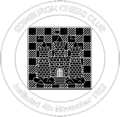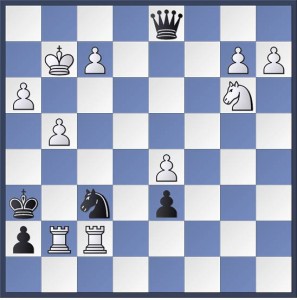In the ChessBase.com Scottish Grand Prix (2018-19) club members were top in three out of the four categories winning the Challengers, Major and Minor sections! The Grand Prix’s purpose is to boost the Scottish tournament circuit and to provide another benefit for Chess Scotland members who play chess regularly.
In the Challengers, which had a grading limit of 1701-1900, Robert Kane (1866) came first with 47.0 points wining £100 plus ChessBase software, book, magazine and a trophy. Mike Ridge scored 32.0 coming in 6th.
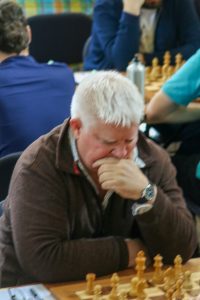
In the Major, for players graded 1451-1700, first was Keith Aitchison (1664) with a score of 52.0 also winning £100 plus ChessBase software, book, magazine(s) and a trophy. Calum McGillivray (1612) came in 3rd winning ChessBase playing program (e.g. latest version of Fritz), a book and a magazine. Martin Brejterr, Ian Whittaker and Ben Ridge also appeared in the tables at 11th, 12th and 20th respectively.
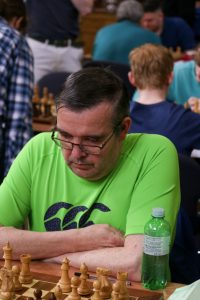
Alan Buchan (1252) not only came first in the Minor (for players graded under 1450) with 62.0 points, winning not just £100 plus software, book, magazine(s) and a trophy but also won a further £200 bonus award having the highest total accumulated by any player in all four grand prix sections. David Cubitt and Mark Smith also appeared in the rankings at 14th and 15th respectively.
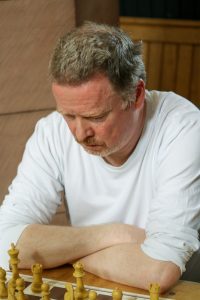
Not forgetting the Candidates section (for players graded 1901 to 2150), where Andrew Green (2076) was the highest scoring member with 20.0 points making 15th in the table followed by Willie Rutherford (20th), Paul Roberts (25th) and David Robertson (30th).
Well done everyone!
